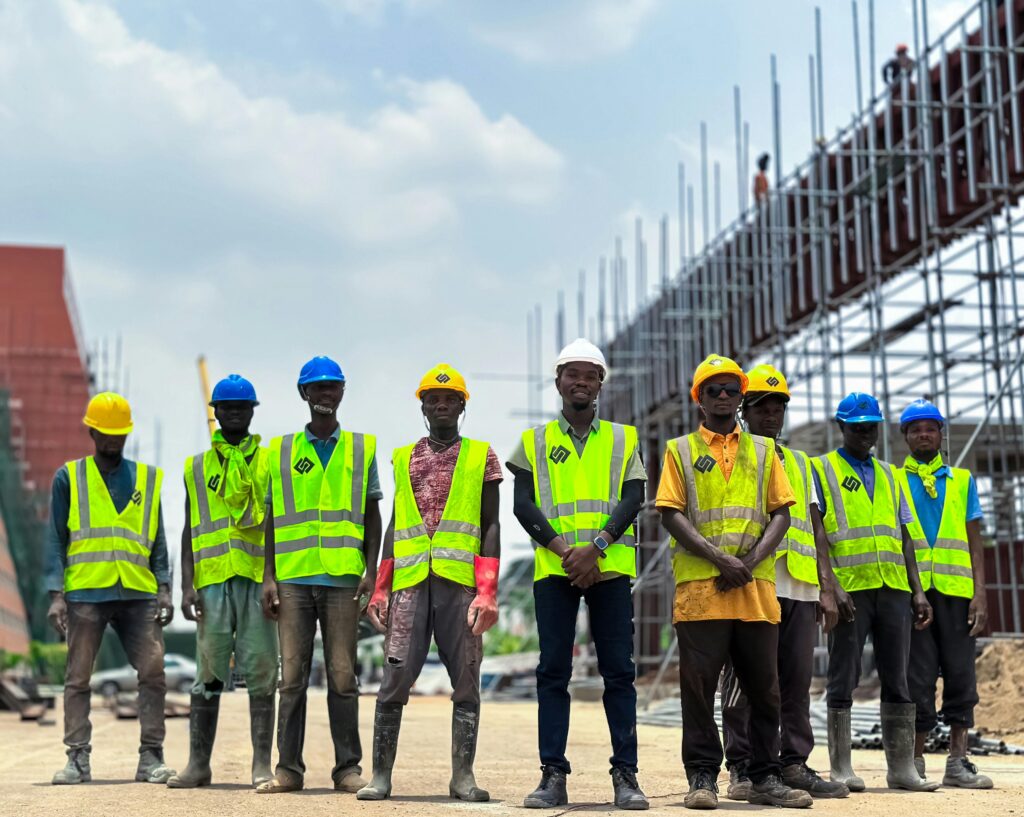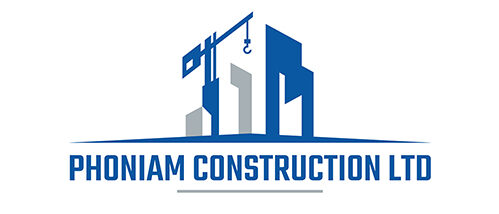Managing a construction project involves more than just assigning dates and cutting checks for supplies. It requires evaluating plans, controlling finances, effective communication, and synchronization of various systems. Even minor hiccups or miscalculated expenses can escalate rapidly. This is why professional project management is so vital in maintaining everything from design to execution.
Bringing on board a qualified project manager ensures a better experience for both the client and the construction team. It is best when this is done because it helps streamline processes, prevents errors, and secures the project financially.
Brings Structure to Complex Work
A construction project has many components. Many subcontractors. Constantly changing timelines. Surprise storms. Getting permits. Something will go wrong without a clear path forward. A licensed project manager brings sanity to that chaos.
They outline every step, scheduling each phase and task down to the minute. That framework allows for all participants to be on the same page, knowing exactly what the next step is. Instead of dealing with issues as they arise, the crew works with a proactive plan that helps them make headway.
Keeps the Budget in Check
Budgets in construction are delicate. A minor shift in one aspect can trigger a domino effect on everything else. Professional project managers consider more than just costs on paper. They are mindful of how time delays, changes in materials, or subcontractor issues impact the financial structure.
They examine estimates, evaluate supplier orders, and confirm the quantities on the bill of quantities as the supplies are delivered. They also check the accuracy of the bill of quantities. They monitor expenses in real time and refine the budget to avoid unaccounted surprises.
This careful management allows flexibility when intelligent decisions need to be made in case changes are required mid-project. It also maintains smart overspending control.
Improves Communication Across the Board
Miscommunication is one of the leading causes of delays and rework. Each team is often working in silos, for instance, designers will speak their language while contractors will speak another. This is where a project manager comes in.
A project manager helps coordinate all the parties involved and serves as a single point of contact. They answer questions, document decisions, and inform all stakeholders about changes instead of just a select few. Such coordination helps eliminate misunderstandings and ensures all work is completed correctly on the first attempt.
With proper coordination provided by a project manager, trust is built. Clients and contractors can do their work actively without worrying about gaps and excess stress because they know there is someone dedicated in the background ensuring seamless connections are being made.
Reduces Risk and Avoids Costly Mistakes
There are always risks related to construction projects. Certain materials might be delayed. The weather can also cause delays. Errors made in the initial steps may not become apparent until much later in the project.
A trained project manager is always on the lookout for issues that could get out of hand. They have a defined plan that will allow them to assess possible gaps, predict hitches, and consider alternate plans. The team can work better with this strategy since they are not constrained by time and finances.
Such professionals are great at recording minute details, spotting inconsistencies in drawings, or vague scope items within contracts that other people might disregard. Resolving these discrepancies early will streamline the workflow without having to deal with additional work.
Supports Better Use of Resources
A construction project combines people, materials and equipment. A professional manager will ensure those resources are used in the proper place, and at the proper time.
This prevents overlaps, idle time, and waste. If formwork isn’t ready before the concrete is delivered, that’s wasted money. If walls are opened before electricians left, that’s wasted time. Careful coordination ensures every team can perform their task in a timely manner.
Good resource planning also avoids bottlenecks. When every team is properly scheduled, the project progresses seamlessly.
Helps Keep Quality High
Speed and budget matter. But so does quality. A poorly built structure will lead to more repairs, frustrated clients, and even safety risks.
Professional project managers help uphold the standards of the design. They schedule inspections, review materials, and follow up on any concerns raised on-site. If issues come up during work, they investigate quickly and push for solutions that won’t lower the build quality.
This kind of oversight protects the long-term value of the project and helps it meet all required codes and expectations.
Builds Accountability at Every Step
Construction involves a lot of players, and sometimes it’s unclear who is responsible for what. A project manager eliminates that confusion.
They assign clear roles and keep track of progress at each phase. If something falls behind or doesn’t meet standards, the manager knows who to speak to and what to do next. This kind of structure holds everyone accountable without placing blame. When everyone knows who is responsible, they tend to stay more focused and organized.

Saves Time from Start to Finish
Many construction delays aren’t caused by major problems. They’re caused by minor issues piling up—waiting on paperwork, missing materials, or misread plans. Each one may seem small, but over time they can derail the whole timeline.
Project managers anticipate delays before they happen. They adjust schedules, work around obstacles, and make quick decisions when plans need to change. This active management helps projects stay close to the original timeline, even when the unexpected happens. That means the building is ready on time, and clients can move forward with their plans.
Delivers Peace of Mind for Clients
Construction can feel overwhelming, especially for property owners who aren’t familiar with the process. There are so many choices to make and details to follow. That’s where a project manager makes a difference.
Instead of handling every detail yourself, you have someone overseeing the process. You get regular updates, honest advice, and a steady guide through each step. When questions or concerns come up, you know who to ask. That peace of mind is one of the biggest advantages of hiring a professional.
Conclusion
Professional project management turns construction into a more controlled, predictable process. It brings clarity, saves time, avoids waste, and helps everyone involved do their job better.
For anyone starting a new build, whether it’s a commercial site, a residential development, or a civil works project, working with a skilled project manager is one of the smartest steps you can take. It protects your investment and creates a smoother path from vision to finished structure. When you’re ready to build, make sure you have the right leadership on your side.






